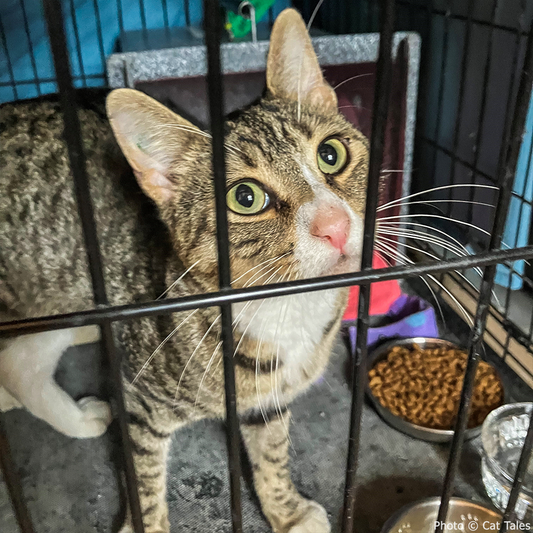Groups in New Zealand Respond to Back-to-Back Mass Whale Strandings
Michelle Milliken
Facebook - New Zealand Dept of Conservation / Nikki Hartley
It’s unclear why whales strand, but it’s particularly common in New Zealand, where more than 5,000 dolphin and whale strandings have been documented since 1840. Two recent events in the country show the different ways such incidents can go.
On their Facebook page, the New Zealand Department of Conservation (DOC) recently shared two mass stranding incidents that happened within about a week of each other. Both involved pilot whales, which the DOC says are the most apt to strand in large groups.
In the first incident, on November 23, up to 40 pilot whales stranded on Ruakākā beach in the Northland region. With help from the DOC, community volunteers, and members of the organization Project Jonah, most of them were refloated by being lifted onto sheets. They headed back out to sea, with only four animals lost.
Teams kept an eye on the site over the coming days to ensure the whales didn’t get into more trouble, and a ceremony was held to honor the lives of the four dead whales, which are considered sacred in the Māori culture.
Joel Lauterbach, a Department of Conservation spokesperson, said, "It's amazing to witness the genuine care and compassion people have shown toward these magnificent animals. This response demonstrates the deep connection we all share with our marine environment."
The DOC responds to an average of 85 incidents like this each year, however, and, within a few days, there was another mass stranding that didn’t end as happily.
On December 2, 37 pilot whales became stranded at Farewell Spit, an area dubbed a “whale trap” due to its intertidal sand flats and gently shelving waters. It’s very common for long-finned pilot whales to get into trouble there.
Over the following days, efforts to refloat them didn’t yield as much success as the prior incident, with about a dozen dying and 23 restranding, four more of which also ultimately died. The rest were refloated, but most came back into shallow water, illustrating the danger of the area. Teams were continuing to attempt to deter them from getting stuck again as this story was written.
The DOC says there are a variety of reasons whales may become stranded. Sick or dying whales, or mothers having issues giving birth, may come to shallow waters and get stuck. In larger groups, the bonds between whales may cause them to follow a sick or disoriented pod member into danger. It could also be due to echolocation being thwarted by gently sloping seabeds or confusion in rough weather.
Michelle has a journalism degree and has spent more than seven years working in broadcast news. She's also been known to write some silly stuff for humor websites. When she's not writing, she's probably getting lost in nature, with a fully-stocked backpack, of course.




















